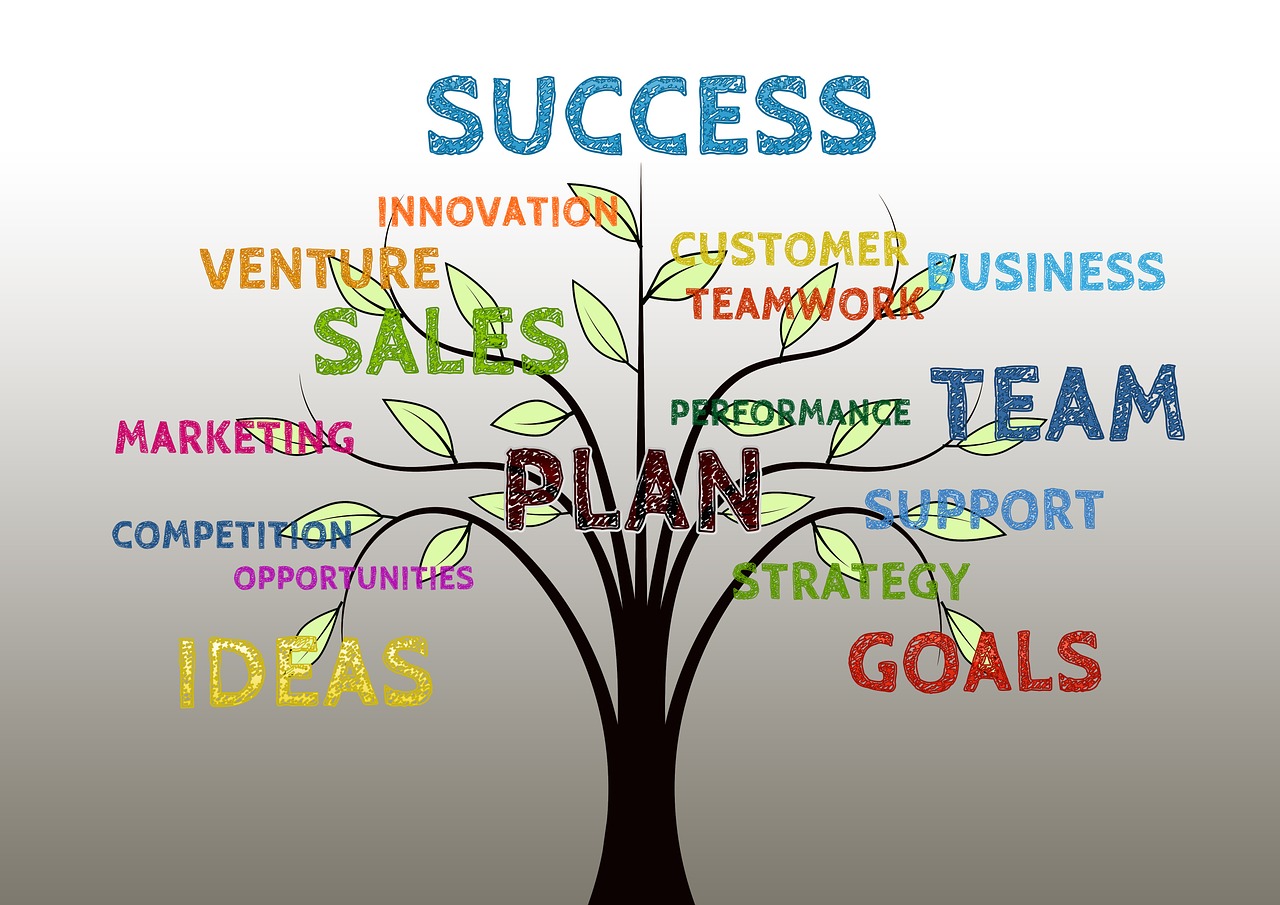
Scale Your Business Fast as your company grows in scope and size, it also grows in complexity—which can be challenging for any founder to navigate. Yet it’s likely that the scaling challenges your company is facing aren’t unique to you and your business.
By understanding the common Scale Your Business Fast, you can recognize patterns and avoid the issues most founders face as they grow their startups.
What Is a Scaling Plan?
It can seem premature to consider a business’s growth potential initially. However, lacking a foundation early on for future growth will likely lead to several avoidable challenges. That’s why creating a comprehensive business plan that accounts for your company’s current status and potential expansion is essential.
Creating a scaling plan allows you to prepare for potential customers and future business opportunities, ensuring sustainable growth in your company.
How Businesses Fail to Scale
The key to avoiding Failure as a company grows is ensuring that business leaders agree from the very start on what its products, ideal customers, and internal processes are. Solidifying these is critical before scaling up, as they clearly define a company’s business model. Failing to do this step is one of the primary reasons some startups fail in the scaling process: they needed a clear vision of where their company should’ve gone before the unprecedented growth occurred.
“If you develop an understanding of the archetypal challenges associated with rapid Scale Your Business Fast, you can build in design for scalability,” says Harvard Business Professor School Professor Jeffrey Rayport. “There are decisions you can make early to mitigate risk.”
When asked what those challenges are, Rayport breaks them down into the “Six S Framework.” Or rather, the six areas founders should focus on when building their venture. They’re:
- Staff
- Shared values
- Structure
- Speed
- Scope
- Series X
Here’s a closer look at what each area means and its potential impact on your growing business.
Applying the Six S Framework
1. Staff
You need help scaling your venture. It would help if you had a team of talented, highly motivated staff who believe in the company’s mission. For resource-constrained startups, the right talent can change everything: High performers are 400 percent more productive than the average employee, according to McKinsey. As roles grow in complexity, that productivity number jumps to 800 percent.
When a company rapidly grows, hiring anyone who can get the work done often feels more accessible. But as Apple Founder Steve Jobs once said: “Go after the cream of the cream. A small team of A+ players can run circles around a giant team of B and C players.” If you compromise on talent early, it’s harder to backtrack.
“You need to set a high bar for the first few recruits in the venture,” Rayport says. “You can’t compromise on that first wave because they’ll be the ones who propagate the values of your organization. Pretty soon, they’ll also be hiring the next wave and hire performers who are a lot like them.”
2. Shared Values
According to Rayport, shared values represent a company’s culture and define how employees interact, solve problems, and work together. As individuals encounter challenges and learn how to address them collectively, particular patterns are reinforced and ultimately merge into shared values and beliefs about how work gets done.
“Most startups have a culture that is a direct reflection or translation of the founders’ personalities and values,” Rayport says. “And most founders are largely unaware of their outsized impact in instilling their organization’s culture.”
One of the biggest scaling challenges around culture is depersonalizing the company’s core values to feel less like mantras shaped by a few individuals and more like a shared organizational fabric.
“You need to make those implicit values explicit and take the time to write them down,” Rayport says. “It’s important to separate cultural inputs from outputs. Most ventures describe the culture they want, the outputs, instead of determining the actions founders can take, or the inputs, to deliver on that culture.”
3. Structure
How you structure your organization is crucial to success. As the company grows, so should the number of decision-makers. Once the business scales, the founders can only be involved in some details. Recruiting seasoned leaders with specific skill sets or developing employees who can thrive in environments with more specialized roles is essential.
Training new employees can feel like additional work, but adequately onboarding them pays dividends later. It’s all about creating leverage to deliver on the founders’ vision—and that requires recruiting the right people and structuring their roles and the organization in ways that favor growth. If you don’t let go, your organization won’t scale.
Amazon CEO Jeff Bezos encourages Failure. As he once wrote in a shareholder letter, as reported in Business Insider, “Failure comes part and parcel with invention. It’s not optional. We understand that and believe in failing early and iterating until we get it right.”
4. Speed
Once you have evidence of product-market fit, it’s essential to stop and assess how fast you can and should grow.
“Many tech ventures assume you should swing for the fences and grow as fast as humanly possible,” Rayport says. “But there should always be the question, ‘How fast is too fast?'”
Most ventures accumulate “technical debt,” which is the price of scaling what works rather than what’s perfect. Over time, tech debt adds up, and leaders must find ways to pay it down. That’s the only way to create the robust business systems and stable infrastructure needed to support increasing scale.
“It’s better to pay down your tech debt as you scale,” Rayport says. “If you have a market opportunity, you don’t want to wait a few months to get your house in order. But sooner or later, you have to upgrade the systems and infrastructure. As Marshall Goldsmith famously said, ‘What got you here won’t get you there.’ It’s important to recognize that each stage requires its own set of approaches.”
5. Scope
On the other side of speed is scope. Where do you look for opportunities? When should you consider expanding into new geographies or markets or building additional products or services? It’s easy to lose focus when you start to scale, but having a map of growth options helps.
“One way to start categorizing your options is by asking, ‘Will I grow by extending existing products into new markets or by selling new products to existing markets?‘” Rayport says. “Make decisions rigorously to set your path.”
6. Series X
According to Rayport, financing is one of your most valuable resources, and it’s essential to understand how your financing strategy aligns with your growth strategy. Hiring additional employees and building the proper infrastructure and business processes typically require capital. You need to know what kind of financing is necessary to support that growth and where you can cut costs.
“Founders often make the ill-advised decision to convert variable costs into fixed costs too early,“ Rayport says. “For example, many e-commerce ventures have rushed too quickly into owning their fulfillment centers rather than relying on third-party vendors.”
What fixed overhead can your organization bear while still having maximum agility? Rayport uses the cloud as another example of how companies can keep fixed costs variable. Is owning a data center crucial at this stage of your growth?
Your company should be poised to adapt and respond if a market shift or downturn occurs. That’s nearly impossible without a flexible cost structure or the right financing.
How to Prepare for Scaling
As an entrepreneur, it’s critical to anticipate your business’ growth. It’s one of the most essential business strategies for success. Preparing for this change involves:
- Having the right individuals attuned to the company’s mission.
- Agreeing on its values.
- Strengthening the company’s internal structure and processes for unprecedented changes.
By applying these key areas to your business, you can rest assured that the company is equipped to handle any measure of success, regardless of the capacity.
Rayport says, “Many businesses don’t anticipat Scale Your Business Fast.“ But by understanding the common challenges, you can and should start to plan and prepare for them.









